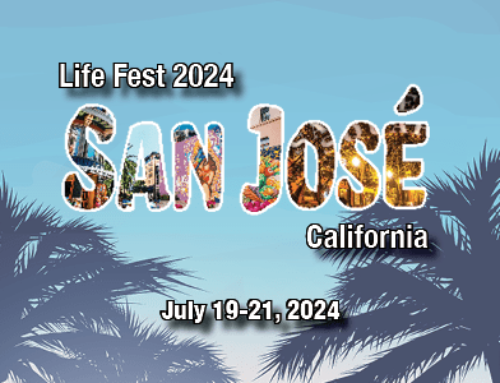The Clinic took place virtually on June 25, 2021
From Australia to India, and across the United States, a global collaboration aimed at saving the lives of patients with rare subsets of Gastrointestinal Stromal Tumor continues to make an impact, even with the challenges of a pandemic. On June 25, 2021, The Life Raft Group and the National Institutes of Health (NIH) hosted a Virtual Tumor Board in lieu of the annual in-person NIH Pediatric and Wildtype GIST Clinic. Within the landscape of gastrointestinal stromal tumors (GIST), a rare sarcoma of the gastrointestinal tract, there is an even rarer subset termed pediatric, SDH-deficient, or wildtype GIST. These patients comprise 5-10% of all GIST diagnoses. For these patients, there are few effective treatments. This population has a lack of resources available to them, with a smaller pool of physicians and medical institutions that specialize in their treatment, and there is less research focused on these subtypes.
In order to serve this rare population, the Life Raft Group worked with the NIH to create a collaborative model to serve the needs of these patients. Collaborative models are vital for rare disease advocacy organizations to be able to sustain services for their population. The challenge in those early days was to provide resources for the “rarest of the rare,” providing what began as a twice a year clinic to serve this populations. When funding became scarce, the Life Raft Group and the NIH came up with a creative solution, utilizing technology to provide a Virtual Tumor Board to complement the once-a-year clinic. To read more about how patient advocates and dedicated physicians created the NIH Pediatric & Wildtype GIST Clinic, view this white paper which illustrates the creation, the history, and the value of this type of collaboration – a true partnership for survival.
During this historic COVID-19 pandemic, once again creativity and collaboration have been paired to assure that young GIST patients are not missing out on vital treatment. Since the in-person NIH clinic was postponed again in 2021, the NIH turned to the Life Raft Group to help them organize another Virtual Tumor Board to review cases that otherwise would have to wait until the clinic can safely be held in-person once again. This clinic is a lifeline for patients who have these rare subsets of GIST. Also, by offering the clinic virtually, the potential for presenting global cases was facilitated.
Sara Rothschild, VP of Program Services for the Life Raft Group, welcomed the 38 participants from around the world including physicians, researchers, staff, and patient advocates. Six cases were presented during the Tumor Board. All presented with some form of SDH or rarer subset with the ages of the patients ranging from 11 years-old to 63, and in various stages of the disease from initial diagnosis to advanced (metastatic) disease.
Clinicians were based in India, Australia, Miami, Georgia and Washington, DC and each presented their patient’s cases in great detail (de-identified for privacy) to the panel of GIST experts which included members of our Pediatric & SDH-Deficient GIST Consortium and many other expert medical professionals. LRG staff and representatives from clinician teams and patient advocacy organizations observed the proceedings.
The presenting doctors asked questions of the panel after the presentations such as ‘Should current treatment be continued?’ or ‘Would you recommend an additional or a repeat of mutational testing?’ for example. The group then asked questions of the presenters and then discussed possible treatment options and made recommendations.
Norman Scherzer, in thanking the participants for their contributions, also related a brief history of how the Life Raft Group and the Pediatric & SDH-Deficient GIST Consortium continue to work with the NIH to find solutions to our “unfinished business,” of finding effective treatments and ultimately a cure for these patients with GIST.
This collaborative relationship between the Life Raft Group and the NIH will continue beyond this tumor board to seek effective treatments for this population which is the goal of the Pediatric & Wildtype GIST Clinic. These Virtual Tumor Boards generate a wealth of information towards the discovery of the underlying mechanisms of these rare subtypes of GIST and contribute to continued research in GIST as well as discover options for the overall survival of these rare disease patients. The Life Raft Group is working on other collaborative projects with global clinicians and researchers to advance progress against this rare disease. Although not official yet, we plan to update the community when there are updates to be shared.




